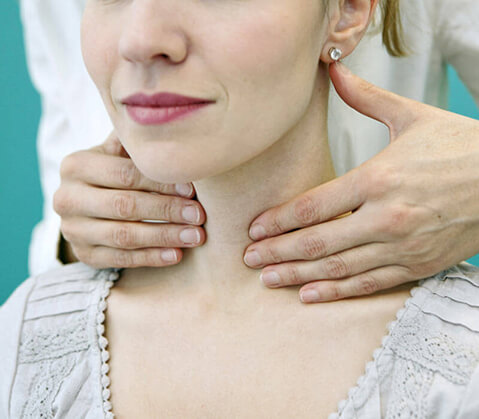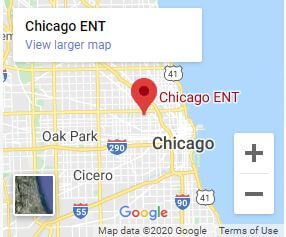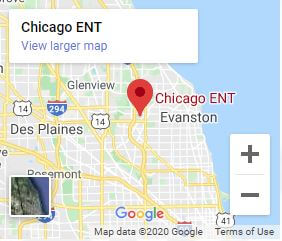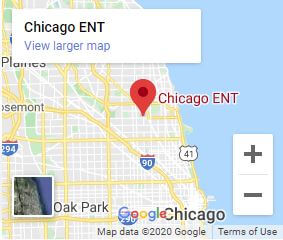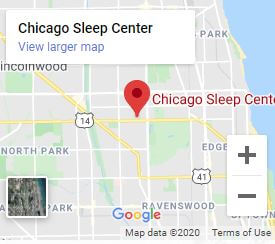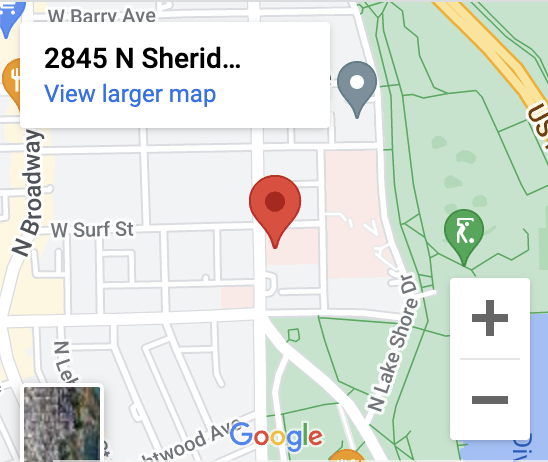If you were diagnosed with sleep apnea, it’s likely that you may have already started a treatment plan. But part of what can make your treatment more successful is if you make lifestyle changes that adapt around your sleep apnea.
Keep reading for 8 lifestyle changes to consider if you have sleep apnea!
1. If you’re overweight or obese, eat healthier

When you’re overweight or obese, you have extra tissue in the back of your throat. This is a problem because that tissue can fall down over your airway.
When this happens, it can block the flow of air to your lungs while you’re sleeping. Eating healthier can make a big difference if you need to lose weight.
Start by cutting out any processed foods like junk food. Add more protein, fruits, and vegetables into your diet. Even losing just a little bit of weight can help improve your sleep apnea symptoms and can make your sleep apnea treatment more successful at the same time.
2. Try to exercise more
Exercising more is great if you need to lose weight but it’s also a way to improve your quality of sleep. This can be extremely helpful if you want to sleep longer throughout the night and also sleep well.
If you want to strengthen muscles in your airways and improve your breathing, yoga is the perfect exercise to try! It’s also an easy way to learn how to calm yourself down before going to bed since you learn how to become one with your breath.
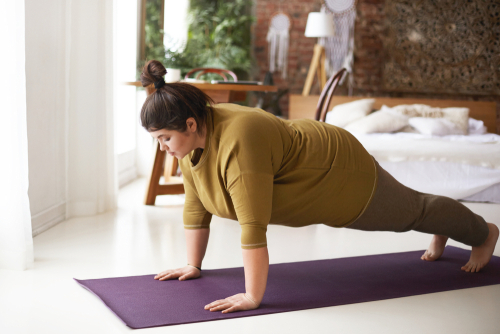
The skills you learn from yoga go beyond just exercising. If you’re more interested in reducing your sleep apnea symptoms, aerobic and resistance training are a good way to go.
3. Don’t drink alcohol or smoke cigarettes
If you want to reduce your sleep apnea symptoms, leading a healthy lifestyle in every way is key. You should do your best to avoid alcohol because it relaxes the muscles in your throat.
This interferes with your breathing. If you’re going to drink in moderation, make sure to finish any alcoholic beverages long before you go to bed.
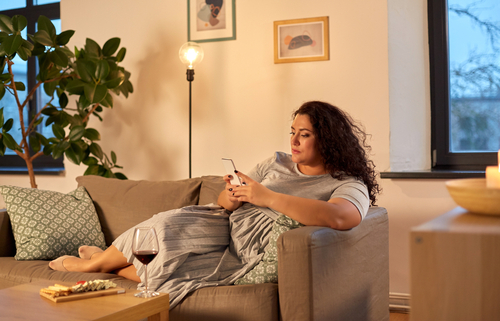
If you’re a smoker and you haven’t already, you should quit smoking as soon as possible. Of course, you already know it’s bad for you but smoking increases inflammation as well as fluid retention in your upper airway and throat.
For people with sleep apnea, this only makes your symptoms worse. Talk to your primary care physician if you have difficulty quitting on your own. They may be able to prescribe a medication to make it easier.
4. Put yourself on a regular sleep schedule
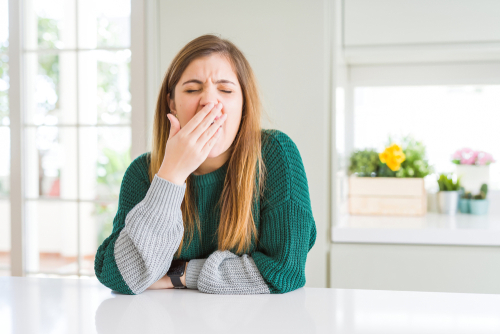
Although it’s tempting to stay up late on Friday nights and sleep late on Saturday, this is actually not the best if you want to decrease your sleep apnea symptoms. If you stick to a regular sleep schedule, you’ll start to sleep better.
Your symptoms should decrease when you get plenty of sleep combined with your sleep apnea treatment. Keep in mind that it usually takes about a month before something new becomes a habit.
Don’t get discouraged if it takes a few weeks for you to get used to going to bed according to your new schedule every day.
5. Stop drinking caffeine and eating heavy meals before bed

It’s a lot easier to stick to something like this if you’re already following a regular sleep schedule. But it’s a good rule of thumb that you shouldn’t drink caffeine or eat any heavy meals before bed.
If you don’t want to feel sluggish or suffer the consequences, make sure you’re ceasing drinking any caffeine and eating two hours before you go to bed. Too much caffeine will keep you up, which will only make your sleep apnea symptoms worse.
Eating too close to when you go to bed is uncomfortable and may cause your stomach to become upset, among other problems.
6. Change how you sleep if you sleep on your back
Being asked to change how you sleep can seem crazy but it’s worth it if it makes your sleep apnea improve! Sleeping on your back makes you more likely to have your soft tissues and tongue obstruct your airway.
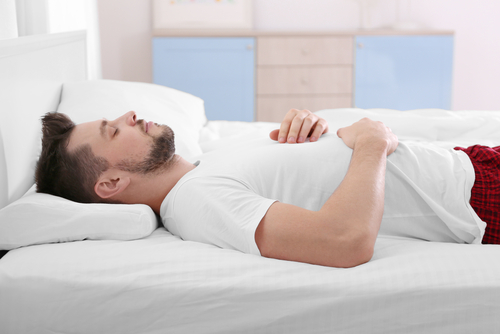
Try sleeping on your side instead of your back to reduce these obstructions. Many people find that when they sleep on their side, rather than their back, they don’t experience any sleep apnea symptoms at all.
If you find it hard to stay sleeping on your side, there are a few tricks you can try. The first is to sew a tennis ball into a pocket on the back of your shirt that you sleep on.
If you don’t want to deal with sewing, you can try something similar by wedging a pillow that’s stuffed with tennis balls behind your back. These tricks will make it much more difficult and uncomfortable to sleep on your back.
7. Use a humidifier in your bedroom
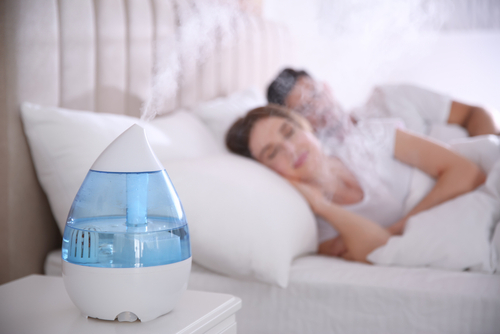
Anything that helps you breathe better is a good thing for patients with sleep apnea. Consider buying a humidifier for your bedroom.
This is the ideal way to add more moisture to the air, especially as it starts getting colder in Chicago this fall. When the air is drier, it can irritate your body as well as your respiratory system.
Having a humidifier can help open up your airways, encourage clearer breathing, and reduce your congestion. If you find yourself wound up at night and unable to fall asleep quickly, you can also add essential oils like peppermint or lavender to a humidifier. These essential oils have known anti-inflammatory benefits.
8. Let your doctor know if your sleep apnea treatment isn’t working
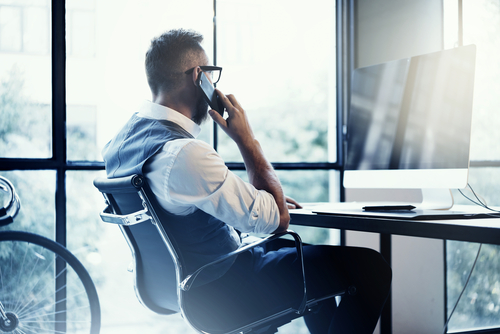
Above all else, these lifestyle changes should only be considered if you’re also undergoing sleep apnea treatment. It’s important to let your doctor at Chicago ENT know if your sleep apnea treatment isn’t working.
We offer many non-invasive and minimally invasive treatment options for patients with sleep apnea. Honesty with your doctor is always the best policy when it comes to getting the results that you want!
Have questions or concerns about sleep apnea treatment like Inspire therapy? Schedule an appointment at Chicago ENT in Chicago, IL today!





